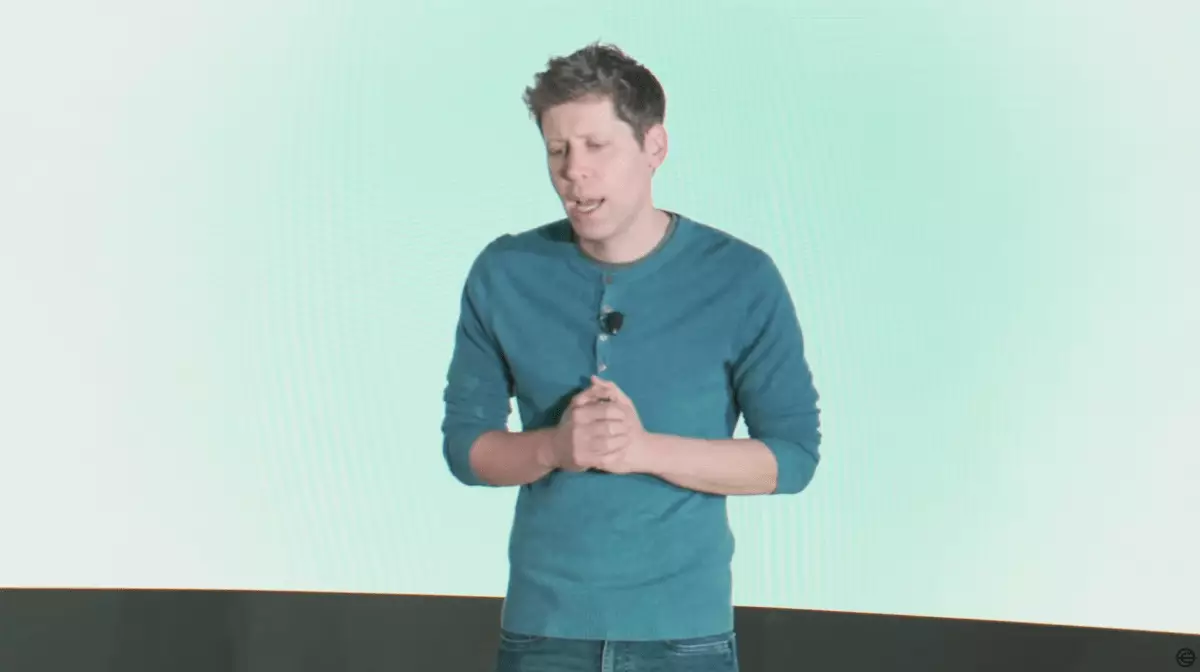In the technological landscape, strategic acquisitions can pivot the trajectory of companies in profound ways. One such unfolding narrative involves OpenAI, the influential artificial intelligence firm, which once toyed with the concept of acquiring Cerebras Systems, a notable player in the AI chip manufacturing arena. A series of legal documents from an ongoing lawsuit involving Elon Musk sheds light on this intriguing juncture, indicating an almost-manifested yet, ultimately, unrealized merger that could have transformed both entities and perhaps even the broader AI industry.
Opened in December 2015, OpenAI emerged as a forward-thinking initiative dedicated to ensuring that artificial intelligence benefits all of humanity. By 2017, just after its inception, it was diving into multifaceted approaches to conquer various technical hurdles in AI development. Cerebras Systems, on the other hand, was founded with a singular aim: to create highly specialized hardware designed to optimize AI computations. Their flagship product, a colossal chip touted to be significantly faster and more efficient than offerings from competitors like Nvidia, demonstrated Cerebras’s commitment to reshaping the hardware capabilities necessary for advanced AI applications.
The correspondence gleaned from legal filings reveals a pivotal moment where both entities could have complemented each other in remarkable ways. In an email dated September 2017, Ilya Sutskever, a co-founder and then chief scientist of OpenAI, presented the idea of acquiring Cerebras with the potential help of Tesla—a corporation primarily known for its electric vehicles, but also where Musk had considerable influence. This correspondence highlights not only the strategic considerations of acquisitions but also the intricate connections between influential figures and companies in the tech ecosystem.
The Strategic Concerns Behind the Acquisition
Upon assessing the proposed acquisition, Sutskever raised a critical concern regarding the alignment of investor ambitions with OpenAI’s overarching mission of public benefit. His intuition indicated that pursuing a merger through Tesla could pose risks regarding shareholder expectations—a sentiment that underscores the multifaceted nature of mergers which can often transcend mere financial assessments. It reflects the tussle between capitalistic obligations and the ethical dimensions of technological growth, a theme that remains relevant in current discussions within the tech space.
Despite intentions to explore a merger with Cerebras, the deal eventually dissipated, leaving OpenAI’s ambitious chip projects on the back burner for several years. In an industry advancing at lightning speed, this delay likely impacted OpenAI’s competitive standing. Competitors like Google and Amazon Web Services were already on the frontline of developing custom chips for AI tasks, placing significant pressure on OpenAI to enhance its chip capabilities.
Cerebras, remarkably, raised $715 million in venture funding, aiming to establish a footing through an initial public offering (IPO) projected to escalate its valuation to $4 billion. Yet, the company faces unique hurdles, notably its dependency on a limited pool of revenue sources—one Abu Dhabi-based firm, G42, accounted for 87% of its revenue in the early half of 2024. This reliance, compounded by apprehensions from U.S. lawmakers over potential connections with Chinese entities, highlights the complexities and geopolitical implications entwined with tech firms, especially in the context of national security.
Furthermore, the past of Cerebras’s CEO, Andrew Feldman, casts a shadow over the firm’s reputation, having previously pleaded guilty to regulatory violations. These elements raise questions about corporate governance in the technology sector and how leadership histories can impact trust, funding, and consumer perception in a rapidly evolving landscape.
Future Prospects Without the Acquisition
Had the acquisition materialized, both OpenAI and Cerebras may have reaped substantial rewards. Cerebras could have benefited from OpenAI’s resources and technical expertise, potentially sidestepping the challenges tied to a public offering. Conversely, OpenAI could have gained an essential asset in manufacturing in-house chips, diminishing its long-standing reliance on major players like Nvidia, who dominate AI-optimized chip markets.
As of now, OpenAI appears to have pivoted towards developing internal capabilities by nurturing a team of chip designers and collaborating with renowned semiconductor firms such as Broadcom and TSMC. Their new strategies focus on innovative ventures aimed at realizing AI chip manufacturing goals by 2026. However, the journey will undoubtedly require navigating both competitive pressures and the overarching need for cost efficiency in model training and deployment.
The unfulfilled acquisition of Cerebras by OpenAI reveals critical lessons about timing, alignment, and decision-making in the tech industry. It stands as a testament to the complexities that accompany high-stakes negotiations within a rapidly changing environment, where disruptive advancements are often intertwined with intricate corporate maneuvers.

